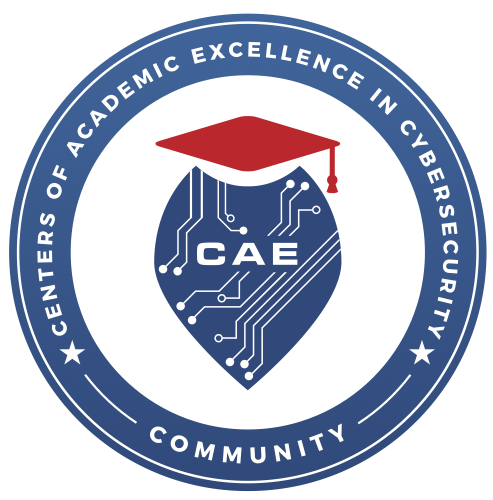Home | Advancing Technology Degrees | Virtual reality
Technologies and applications that create connected and immersive digital experiences have become viable tools to bridge gaps in location and imagination. The ability to create and deliver interactive simulations that add information to how we perceive the real world and immerse us in simulated ones creates innovative opportunities to increase understanding, take part in experiences and solve problems.
The Virtual Reality degree at University of Advancing Technology moves students to consider high-opportunity applications of virtual reality (VR) and augmented reality (AR) emerging in the technology landscape. Students are taught the development tools used to create VR and AR experiences and the gamification techniques that make these experiences engaging when applied to applications such as smart cities, training, medical, engineering, military and education. Virtual Reality degree students will learn to utilize head-mounted displays as well as tactile and tracking systems that deliver immersive experiences. In relation to AR, students will learn to layer and link digital information to live views of the real world.
Equipped with these skills, graduates of UAT’s Virtual Reality program are prepared to apply established techniques of software development, gamification, human interaction and user experience as experts in the emerging technology fields of VR and AR.
Check out some of this semester’s Virtual reality courses and gear up for fresh challenges. Unlock new skills and power up your education.
Creating and delivering immersive simulations requires specialized tools. As an emerging technology, the hardware and software associated with Virtual Realty technology changes rapidly. This course surveys the current forms of head mounted display and motion capture technology. It also introduces students to the major software tools used to create immersive environments. Students will work with and learn the roles of these tools as they are integrated to create virtual experiences.
The game industry has developed a set of tools and practices for engaging player bases. This engagement has become part of the culture and expectations of interactive user experiences. The design psychology and philosophy behind gamification includes principles of engagement, interaction, motivation, socializing, competition, achievement, and self-expression. This course leverages these design principles to create activities, solve problems, and build interactions using game systems and mechanics.
This course provides an exploration of interactive learning theory and the instructional design process. Students develop strategies to improve the learner’s comprehension by delivering information in an engaging medium. This course emphasizes the many roles of the designer in the instructional development and evaluation process. Topics include conducting a needs assessment; classifying learning objectives; enhancing the learner’s ability to master skills and procedures; sequencing content to facilitate comprehension; and developing methods to test behaviors, knowledge and perceptions.
Immersive digital environments provide students with simulated spaces that they can interact with and explore. Students will learn the elements of effective virtual environments along with how to construct them within the parameters of existing hardware to produce simulation that are realistic to its users. Topics such as latency, feedback, geometry, multi-person interaction, physics engines and data integrations will be learned by students.
Augmented reality technologies provide a new form of human experience by superimposing computer generated imagery over real-world images in real time. When used with mobile devices, augmented reality layers and enhances information by combining the wealth of internet information with live views of world. Individually and in a social context, augmented reality has applications within areas such as entertainment, travel, merchant selection and data analysis. During this course, students will learn the elements of augmented reality along with the software tools needed to link live mobile device camera displays to internet data.
Games that teach, test, train and pose complex, realistic challenges to the player have been branded Serious Games. Using game technologies to teach is not a new concept, but the recent reinvigoration of this genre puts the spotlight on games that focus on giving the gamer new experiences and learning opportunities rather than an endless chain of aliens to slay. Using contemporary theories of electronic education, students will create and prototype games with a message to their mechanics. Students will study stealth serious games as well as institutional tools and tutorials, games based on scientific principles and simulation and the future of gameplay in education.
Educating the next wave of innovators, our faculty leverage their experiences to mentor students to lead innovations and solve challenges in advancing technology.
UAT’s Synchronic Learning model provides an education framework that prepares superior graduates to become tomorrow’s innovators. This model embodies UAT’s methodologies, curricula and community dedicated to fostering an environment of innovation that promotes demonstrated mastery and job readiness.
How does UAT prepare superior graduates? Students are required to participate in projects that solve real problems. UAT requires students to innovate and create a working proof of concept that’s never been done before. Students complete internships, community projects and apprenticeship experiences to cultivate their ability to succeed in the workplace.

Network Security curriculum certified by the US National Security Agency's Information Assurance Courseware Evaluation program
